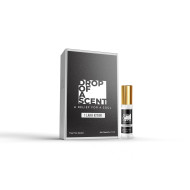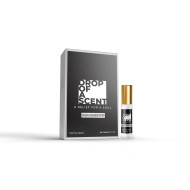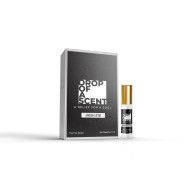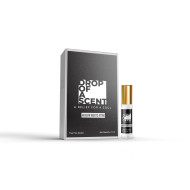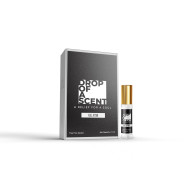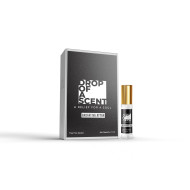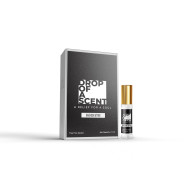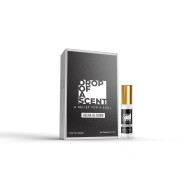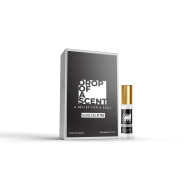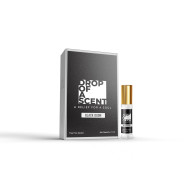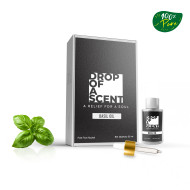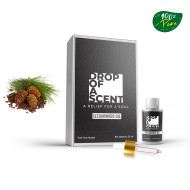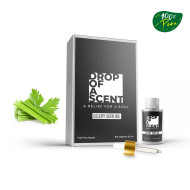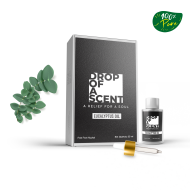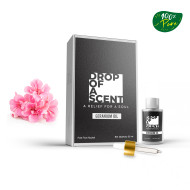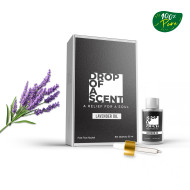
Introduction: High cholesterol levels are a common concern for many individuals, as they can increase the risk of heart disease and other cardiovascular issues. While lifestyle changes such as diet and exercise play a crucial role in cholesterol management, some people turn to natural remedies like bergamot essential oil for additional support. In this article, we'll explore how bergamot essential oil can be used to help manage cholesterol levels and promote heart health.
Understanding Cholesterol: Cholesterol is a fatty substance found in the blood that is essential for various bodily functions, including the production of hormones and the formation of cell membranes. However, elevated levels of cholesterol, particularly low-density lipoprotein (LDL) cholesterol, can increase the risk of atherosclerosis, a condition characterized by the buildup of plaque in the arteries. This can lead to heart disease, stroke, and other cardiovascular problems.
Bergamot Essential Oil and Cholesterol Management: Bergamot essential oil has gained attention in recent years for its potential cholesterol-lowering effects. Research suggests that bergamot oil may help reduce LDL cholesterol levels and improve overall cholesterol balance, thanks to its high content of compounds known as flavonoids and polyphenols. These bioactive compounds have been shown to inhibit cholesterol synthesis in the liver and increase the breakdown of LDL cholesterol in the bloodstream.
Ways to Use Bergamot Essential Oil for Cholesterol Management:
Aromatic Diffusion: One of the simplest ways to incorporate bergamot essential oil into your routine is through aromatic diffusion. Add a few drops of bergamot oil to a diffuser and let the aromatic mist fill the air. Inhaling the aroma of bergamot oil can help promote relaxation and reduce stress, which are important factors in cholesterol management.
Topical Application: Bergamot essential oil can also be applied topically to the skin, either alone or in combination with a carrier oil such as coconut or olive oil. Massage the oil into the chest area or pulse points to promote absorption into the bloodstream. Be sure to perform a patch test before applying bergamot oil to a larger area of skin to ensure compatibility and minimize the risk of irritation.
Internal Use: Some people choose to consume bergamot essential oil internally as a dietary supplement to support cholesterol management. However, it's essential to use caution when ingesting essential oils, as they are highly concentrated and can cause adverse reactions if not used properly. Consult with a healthcare professional before using bergamot oil internally, and always follow recommended dosage guidelines.
Precautions and Considerations: While bergamot essential oil shows promise as a natural remedy for cholesterol management, it's essential to use it responsibly and with caution. Here are a few important precautions to keep in mind:
- Bergamot oil can increase the skin's sensitivity to sunlight, so avoid sun exposure after applying it topically.
- Do not ingest bergamot essential oil unless under the guidance of a qualified healthcare professional.
- If you have underlying health conditions or are taking medications, consult with a healthcare provider before using bergamot oil for cholesterol management.

